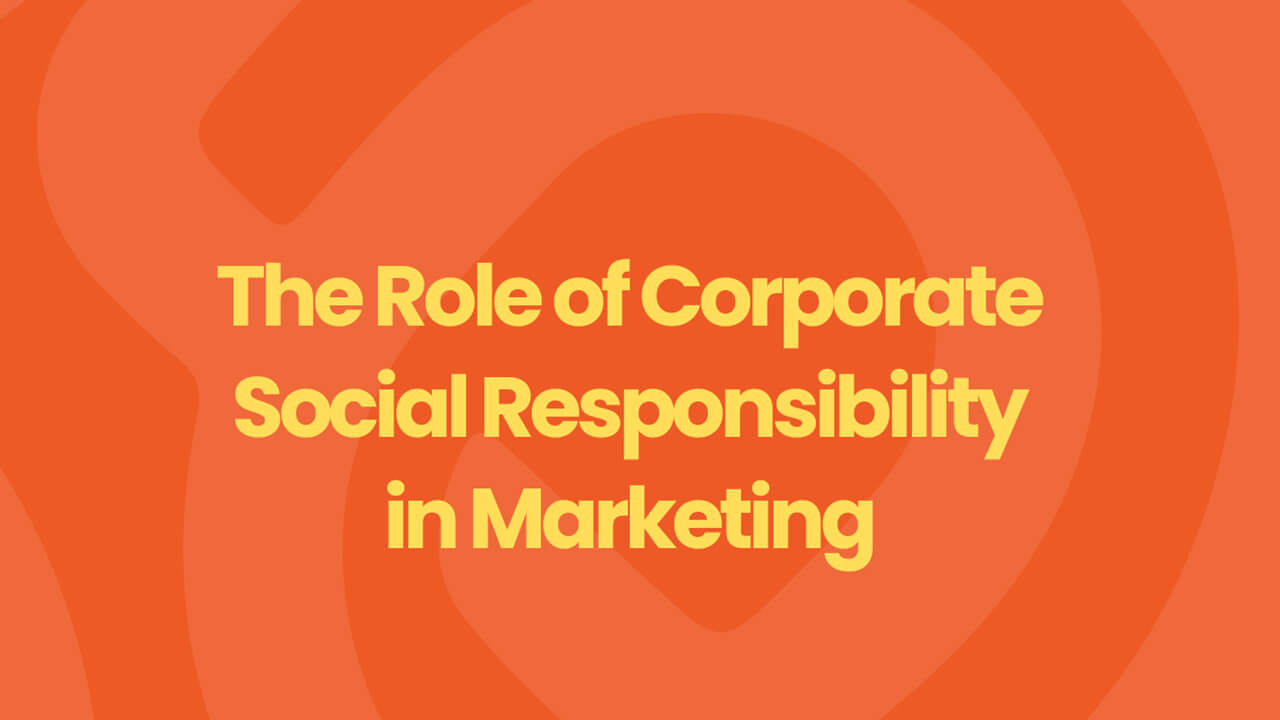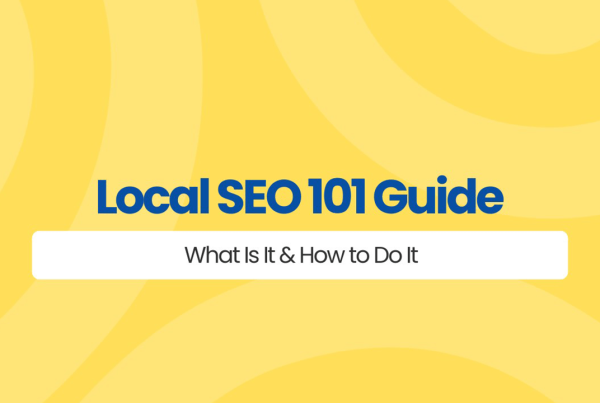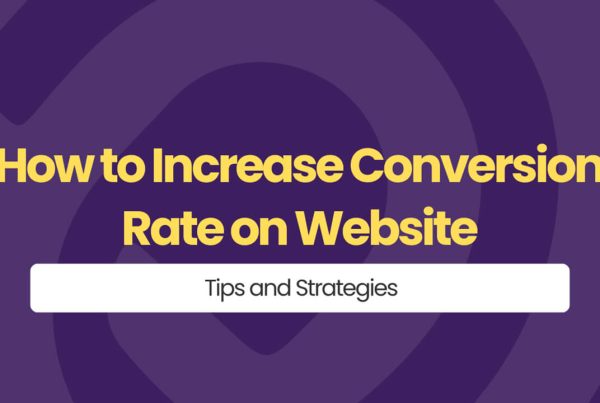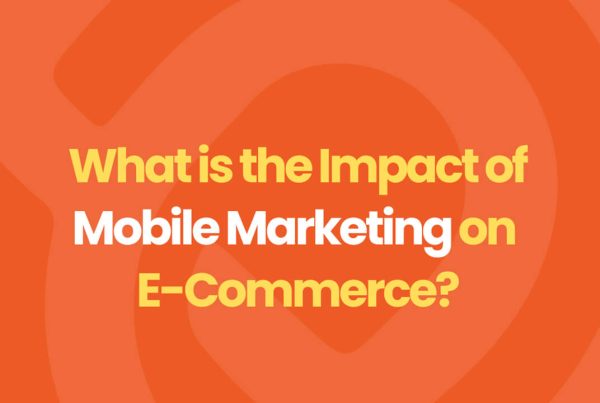
Today, marketing is more than selling products, it’s about creating trust, building community, and showing that your brand genuinely cares. That’s where corporate social responsibility marketing steps in. It blends ethical business practices with impactful storytelling, helping brands resonate with people on a deeper level.
Since customers are becoming more conscious of where they spend their money, they’re gravitating toward businesses that reflect their values. CSR marketing answers that demand. It helps brands stay relevant, earn loyalty, and stand out not by selling harder, but by standing for something real.
From eco-friendly packaging to fair wages, these actions speak louder than ads. More importantly, they become part of your brand voice. Let’s explore what CSR in marketing looks like, why it matters, and how it’s reshaping the future of business.
What Is CSR Marketing?
Corporate social responsibility marketing showcases your company’s efforts to be socially and ethically responsible. It involves aligning your brand with causes that matter to your audience. This doesn’t just include donations or charity drives. It can reflect how you treat your employees, reduce waste, or support local communities.
Instead of hard selling, corporate social responsibility marketing focuses on storytelling. It lets your audience know who you are, what you stand for, and how you give back. Today’s customers want transparency. They prefer brands that are driven by purpose and not just profit.
When done right, this type of marketing builds trust, strengthens brand image, and improves long-term loyalty.
What are the 4 Types of CSR That Influence Marketing?
There isn’t just one way to practice CSR. In fact, several types of CSR directly affect how you market your brand:
1. Environmental Responsibility
This focuses on reducing harm to the planet. Brands show it through:
- Eco-friendly packaging
- Waste reduction policies
- Investing in renewable energy
Example: A skincare brand using biodegradable containers not only assists the environment but also appeals to eco-conscious customers.
2. Ethical Responsibility
It’s about taking right steps within your operations. That includes:
- Fair trade practices
- Ethical sourcing of materials
- Transparent treatment of workers
Example: A fashion brand highlighting ethical production and fair wages gains trust, especially from Gen Z buyers.
3. Philanthropic Responsibility
Here, companies give back — not just to tick a box, but to create real impact. That could be:
- Donating a portion of profits
- Volunteering with local causes
- Supporting disaster relief
Example: A restaurant chain running food drives during Ramadan builds goodwill while staying relevant.
4. Financial Responsibility
This often goes unnoticed but is essential. It involves:
- Honest financial reporting
- Fair pricing strategies
- Ethical use of investor money
Example: A tech startup sharing how its revenue supports education projects builds confidence in both customers and stakeholders.
These types aren’t separate boxes. Often, they overlap, and the brands that win are the ones that make CSR a consistent part of their story.
Benefits of CSR Marketing
Competitive Advantage
Today’s consumers prefer ethical businesses. CSR helps your brand stand out in crowded markets by giving people another reason to choose you over competitors.
Happy, Loyal Employees
Employees want to work where values matter. In fact, 90% of people who feel a company has purpose report higher job satisfaction. CSR boosts morale, loyalty, and team spirit.
Builds Brand Loyalty
When people see a brand taking action, they’re more likely to stick with it. A strong CSR campaign tells customers you care about more than sales.
Drives Long-Term Growth
Purpose builds patience. CSR marketing isn’t a quick win, but over time, it builds relationships that last — and that’s how long-term businesses grow.
New Opportunities
CSR opens the door to strategic partnerships with nonprofits, government agencies, and communities. Moreover, these collaborations can assist you tap into new markets and building deeper local connections.
Increased Visibility
The more positive action your brand takes, the more attention it gets. From media features to word-of-mouth mentions, CSR can drive new traffic to your site and scale your brand presence across the board.
Why CSR Marketing Matters for Brands?
Let’s talk about the importance of corporate social responsibility in the world of marketing. Today’s consumers are well-informed. They care about what you do outside the boardroom.
That’s why corporate social responsibility marketing drives engagement. It helps brands cut through the noise with value-led messaging. When customers see your commitment to social or environmental issues, they’re more likely to support you.
In fact, many buyers today check a company’s ethics before purchasing. They want to know: Does this brand align with my values? When the answer is yes, they’re not just customers — they become loyal fans.
CSR Marketing Campaigns That Worked
Plenty of brands have launched this marketing campaigns that made a lasting impact. For instance:
- Patagonia persuaded customers to buy less and repair their gear, promoting sustainability.
- Ben & Jerry’s consistently addresses social justice issues, making it part of their brand DNA.
- LEGO invests in renewable energy and regularly shares its efforts to reduce plastic use.
These brands lead with purpose. They prove that marketing doesn’t always have to be about pushing products. Sometimes, it’s about pushing progress, and people notice.
Common Misconceptions About Corporate Social Responsibility Marketing
Some still ask, “Which of these is not a responsibility of marketing?” The answer? Staying silent.
Many think CSR belongs only to HR or PR teams. But that’s outdated thinking. Today, marketing teams play a key role in promoting CSR initiatives. It’s their job to communicate these values and build narratives that inspire action.
Marketing, when combined with responsibility, it becomes impactful and that’s what really keeps a brand compelling, nowadays.
Final Thoughts
When you integrate CSR into your marketing, you don’t just tick a box you create a stronger, purpose-driven brand. The results? Better customer loyalty, improved visibility, and long-term growth.
From social posts to full campaigns, every message becomes an opportunity to share your values and build deeper connections with your audience.


